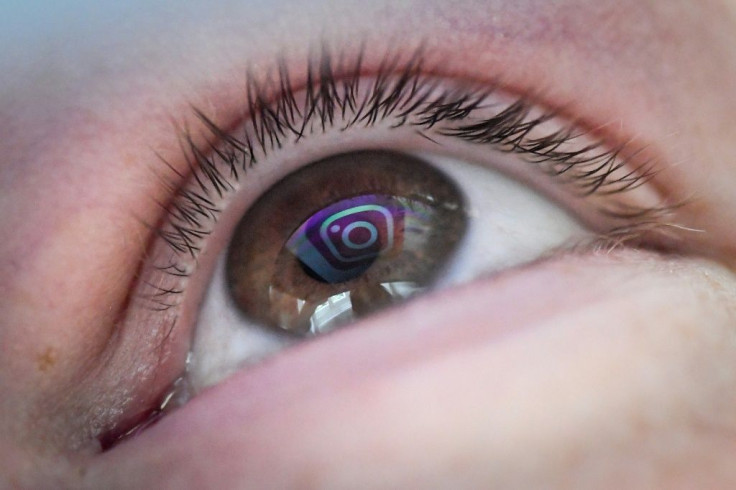14-Year-Old Develops COVID-19 Psychosis As Aftereffect Of Virus
A 14-year-old boy from Orange County, Calif., has developed COVID-19 psychosis – a rare aftereffect of a coronavirus infection he suffered in mid-June.
Daniel Salinas developed COVID-19 psychosis after recovering from the virus his family believes he, along with 15 members of his family, contracted at an indoor birthday party, KCAL a CBS affiliate out of Los Angeles, reported.
COVID-19 psychosis can cause symptoms such as confusion or hallucinations in some COVID patients after common virus symptoms have been subsided. There have been a number of reports of patients who have developed COVID-19 psychosis, many of which have been in COVID long-haulers.
Medical experts now cite the highly infectious Delta variant for the rise in cases, but emergency room physician Dr. Michael Daignault told KCAL cases are showing up more quickly in children.
“I think that their brains are just more susceptible to inflammation in the central nervous system, which is leading to these cases of psychosis in kids,” he added.
Daniel’s mother, Wilma Singh, told the news outlet she noticed a change in her son’s behavior shortly after he recovered from the virus. On Aug. 1, he came down with a migraine headache.
“I felt like he had that severe migraine, slept and woke up a different person, someone who is more agitated, angry, anxious," Singh said. "That’s the total opposite of my son.”
Daniel was rushed to the University of California Irvine Medical Center in Orange, Calif., after his brother a day later called Wilma in a panic over his brother’s behavior.
“He goes, ‘Mommy, something’s wrong with Daniel. He’s acting crazy. He’s talking to himself,'” Singh recalled.
According to the news outlet, Daniel was transferred to Children’s Hospital of Orange County, where doctors are currently running tests. It is unclear how long the boy will be treated at the hospital for his symptoms or if he had received the COVID vaccine.
Children ages 12 and older are eligible to receive the Pfizer vaccine. The Moderna and Johnson & Johnson vaccines are authorized for use for individuals who are ages 18 and older.

© Copyright IBTimes 2025. All rights reserved.





















